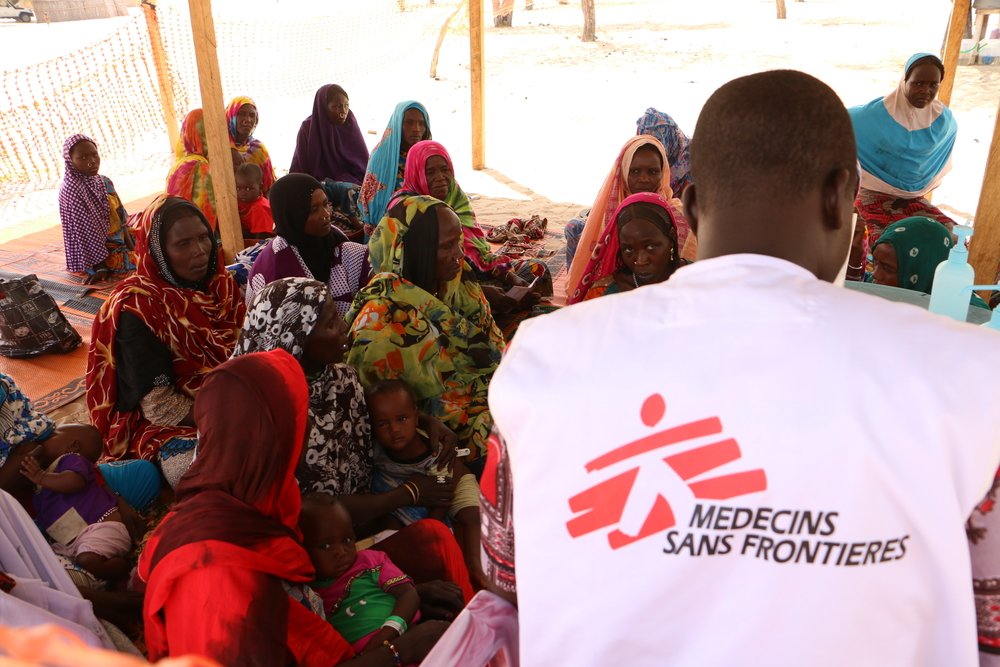We are adapting triage and infection prevention control measures in our activities in Magaria, where we run a 450-bed paediatric hospital that is particularly busy during the seasonal peak for malaria and malnutrition. We have also established isolation capacity in Magaria as well in the lower levels of the health system where we help run outpatient activities.
In the capital Niamey, MSF has built a 50-to-100 bed treatment centre close to the Hôpital National Lamordé which will manage moderate COVID-19 patients. We are supporting the emergency medical service call centre (24/7, and the response teams in five communes of the city, as well as providing psychological support.
There is also a team monitoring uncomplicated COVID-19 patients at home, while more serious cases are referred to hospital.


